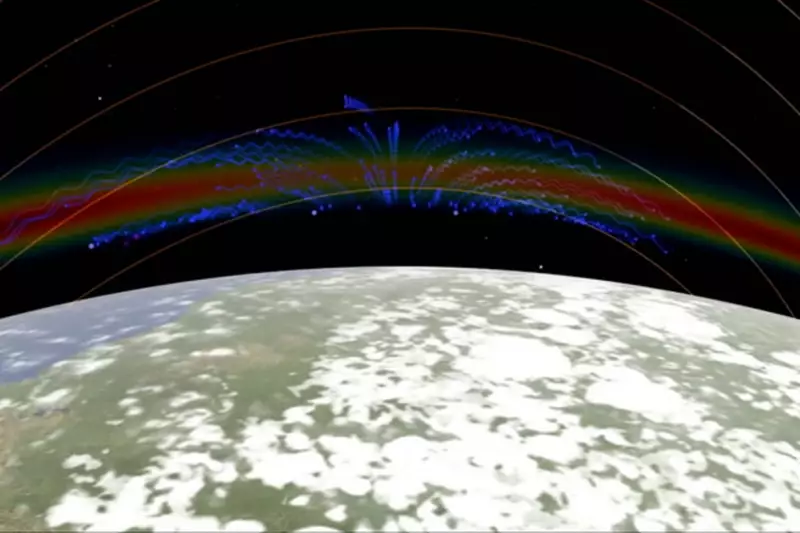
The Met Office has issued a stark warning about the growing threat of space weather events that could severely disrupt essential services across the United Kingdom. Powerful solar storms originating from the Sun pose a significant risk to GPS systems, radio communications, and even the national power grid.
Invisible Threat from Deep Space
While most Britons worry about rain and wind, meteorologists are increasingly concerned about phenomena occurring 93 million miles away. The Sun periodically unleashes massive eruptions of charged particles and electromagnetic radiation that travel through space at incredible speeds, potentially reaching Earth within hours.
"These solar events can have serious consequences for modern technology," explained a Met Office space weather forecaster. "When these charged particles interact with Earth's magnetic field, they can induce powerful electrical currents that overwhelm our systems."
Critical Infrastructure at Risk
The potential impacts on daily life and national infrastructure are substantial:
- GPS and navigation systems used by aviation, shipping and road transport could experience significant errors or complete failure
- Radio communications essential for emergency services and aviation may be disrupted or blocked entirely
- Power grids could suffer voltage instability and even transformer damage, potentially leading to widespread blackouts
- Satellite operations including telecommunications and weather monitoring could be compromised
New Defence Systems Deployed
To combat this invisible threat, the Met Office has enhanced its space weather monitoring capabilities with cutting-edge technology. Advanced sensors and monitoring stations across the UK now provide early warnings of incoming solar storms.
"We've developed sophisticated forecasting models that give us crucial lead time," the Met Office representative stated. "This allows National Grid operators and other critical service providers to take protective measures before the space weather event reaches its peak."
The development comes as the Sun approaches the solar maximum phase of its 11-year cycle, a period when such eruptions become more frequent and intense. With Britain's increasing reliance on precision technology and interconnected systems, the vulnerability to space weather has never been greater.
While the probability of a catastrophic space weather event remains relatively low in any given year, the potential consequences are severe enough that government agencies and utility companies are taking the threat extremely seriously, implementing new protocols and backup systems to maintain essential services during solar disturbances.





